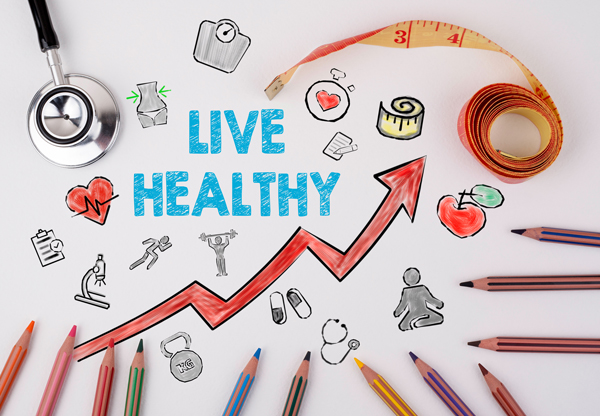Brief me
In this section you will find information:
- about common risk factors of non-communicable diseases such as nutrition, physical inactivity, alcohol related harm and tobacco
- summaries of related EU data
- the health impact and burden of such risk factors
- policies and measures on how to address them
Explore further
Dietary Fats
A number of national or international institutions have examined the potential impact of fat consumption on health, focusing mainly on cardiovascular and Type 2 Diabetes related effects.
Dietary Fibre
Dietary fibre intake is associated with health benefits such as gastrointestinal health and risk reduction of non-communicable diseases.
Dietary Protein
Proteins are basic constituents in all living organisms.
Dietary Salt/Sodium
Sodium is an essential nutrient and is necessary for normal cell function and for neurotransmission.
Fruit and Vegetables
F&V intake is associated with a reduction in the risk of non-communicable diseases like cardiovascular disease, Type 2 diabetes mellitus and some types of cancer.
Sugars and Sweeteners
The potential impact of sugars on health includes effects on diabetes, blood glucose, weight management, blood pressure, blood lipids, dental health.
Water
Water is the main constituent of the human body and is essential for life.
Whole Grain
Whole grains are considered as significant components of a healthy diet. Consumption of whole grains is associated with a reduction in the risk of developing non-communicable diseases.
Alcoholic Beverages
Alcohol consumption is a well-known risk factor for a series of conditions.
Physical activity and sedentary behaviour
Physical activity is defined as any bodily movement produced by skeletal muscle that requires energy expenditure.
Tobacco and Smoking
Both active and passive smoking have harmful effects on health and may cause cancer. All tobacco products contain a wide range of toxic and cancer-causing compounds.
Legumes and Pulses
Legumes and pulses are considered an important component of a healthy diet. Their consumption is associated with a reduced risk of developing non-communicable diseases (NCDs) and with maintaining a healthy body…

